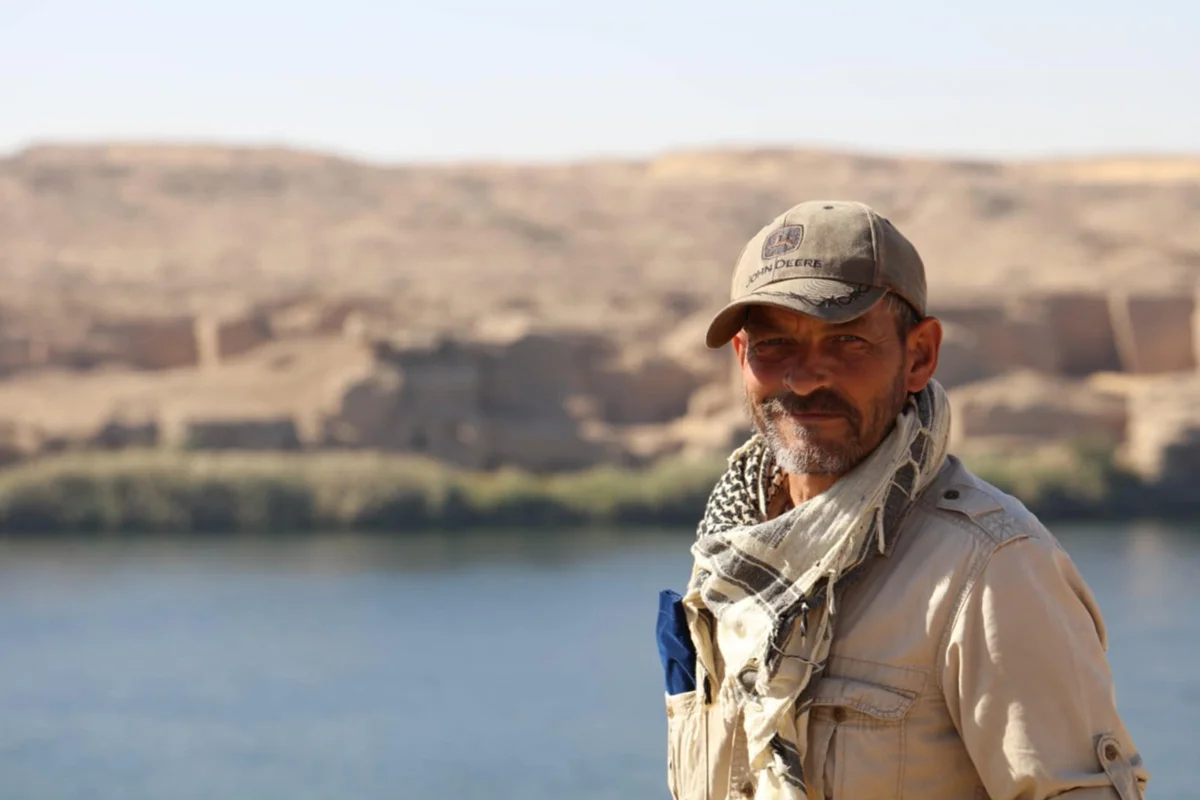John Ward was a British archaeologist from Hereford, who co‑founded the Gebel el‑Silsila Survey Project in 2012 alongside his wife, Dr. Maria Nilsson of Lund University.
His passing follows decades of groundbreaking research, which along with Dr. Nilsson, has published material for more than a decade of on-site research and documentation, presented results at over 50 international conferences or symposia, and written two books.
Ward has appeared on National Geographic’s Egypt’s Treasure Guardians, as well as the Travel Channel’s Expedition Unknown, and the Science Channel’s Unearthed. He was also a National Geographic Explorer and an Explorers Club Fellow, and one of the founding trustees of Friends of Silsila – a charitable organisation that supports archaeological expeditions.
Since 2012, Ward has been the Assistant Director of the Gebel el-Silsila Archaeological Project, which focuses on documenting and preserving a 30 km² site rich in ancient sandstone quarries, inscriptions, and monuments.
Active from the New Kingdom to Roman times, the site offers valuable insights into ancient Egyptian quarrying techniques, transport systems, and labour organisation, including evidence of workers’ settlements and religious structures.
The project addresses conservation challenges posed by the desert environment and looting, while also engaging local communities and the public through outreach and education, contributing significantly to our understanding of Egypt’s industrial, socio-economic, and cultural history.
Ward is remembered for elevating the stories of the ancient quarry workers, bringing their daily lives and contributions into scholarly focus and public imagination.
In a public statement, the Gebel el Silsila Project, said:
“He leaves behind a legacy of discovery, education, and compassion – both in the archaeological record and in the hearts of those who knew him. His work continues through the Friends of Silsila Association, which he co-founded to support ongoing conservation efforts at the site.
Father to Bryony, Callum, JoJo, Freja and Jonathan, John leaves us too soon, and will be missed greatly by his family, friends and colleagues. John Ward’s life was a testament to the power of curiosity, collaboration, and love – for history, for family, and for the enduring stories carved into stone.”
Heade Image Credit : Gebel el Silsila Project





